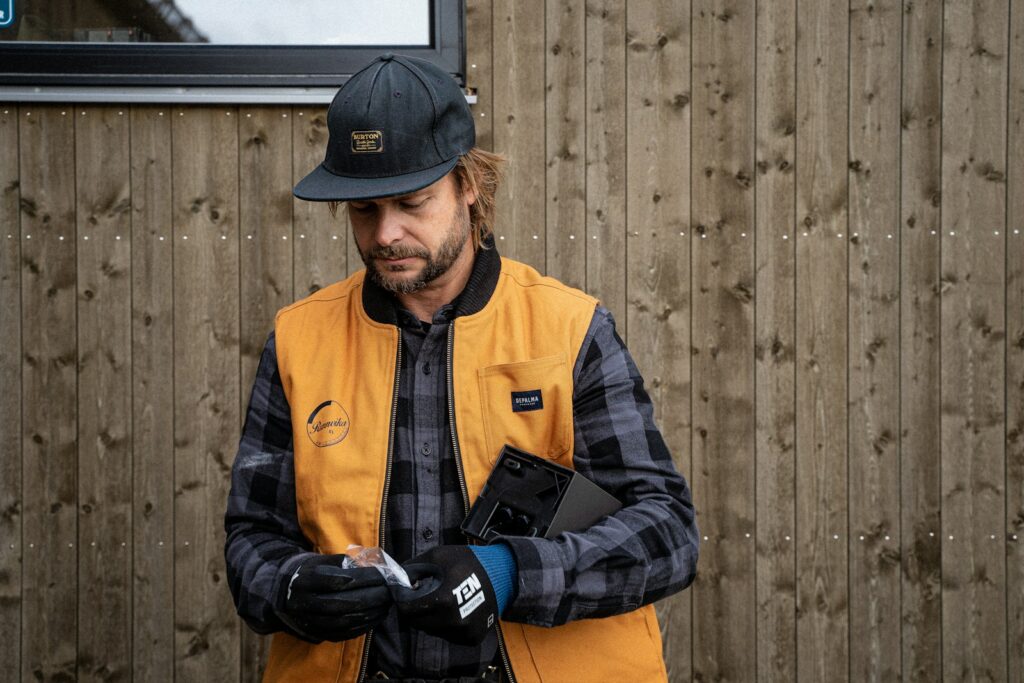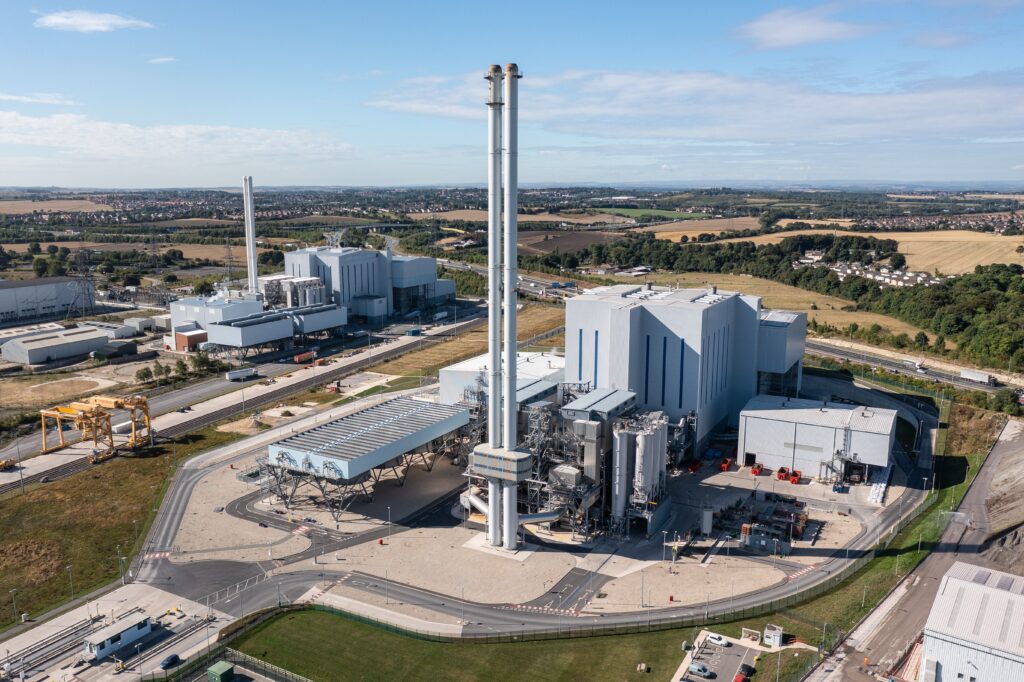Pay-as-you-feel cafes combat social isolation as well as food poverty
Now don’t get me wrong, I value food banks and the essential emergency function they perform. I think Jack Monroe summed up the quandary a lot of us have in the last Feeding Britain report when she said;
‘I would be petrified if tomorrow all food banks were closed down. On the other hand I think the need for food banks in our country is a disgrace.’
Through Real Junk Food Manchester and other projects that tackle food waste or food poverty I’ve worked with a number of food banks. I’ve found the people that work with them to be genuine and kind, and it goes without saying that people who use the service are in real need, and very much appreciate access to food in the face of stopped benefits, job loss, or insecure status in our country.
But as our economy has remained in crisis for nearly a decade now, the number of people using food banks has risen sharply, and the number of people relying on them regularly has also been rising steadily. Oddly, the least of my concerns in all of this is that there might not be enough food to share. There is ample evidence to show that we produce enough food on this planet to feed all of its inhabitants, and then throw around a third of it away, usually for financial or logistical reasons. The Real Junk Food Project’s first objective is, very simply, Feed Bellies Not Bins, so sourcing food that cannot be sold for whatever reason and re-distributing it to people who will otherwise struggle to access food should be a good thing right? As ever, it’s just not that simple.
As with so many of the world’s systems, the problem is money. Food banks and other projects that tackle food poverty constantly struggle for ever shrinking funding. Anyone in the catering business will tell you that running a food business safely isn’t cheap. The staff and resources required to transport, store, cook, and serve food safely is huge. This is part of the reason why the majority of food banks offer a limited range of ambient temperature, processed, tinned and dried products. The unfortunate consequence of this is that the poorest in our society are offered the worst nutrition.
The other huge consequence of the rise in food bank use, and the main focus of this piece, is social isolation and segregation. As the number of people in deep poverty rises, so does the number of projects aiming to support these people (which in one sense gives me some hope about the nature of humanity). The problem is that when you target people in food poverty, you also separate them from everyone else. We are steadily creating a dangerous two tier system. If you have money you go where you want, buy what you want, and cook and eat what you choose. If you don’t have money you get sent somewhere separate and you get what you’re given.
I need to be very clear that this is not an attack on those projects supporting vulnerable people. Real Junk Food Manchester works with a number of projects that support people in difficult situations, and supporting people who, for whatever reason, need some help to be happy and healthy, is something we believe strongly in.
What I’m wondering is, are we ready for something different to emerge alongside these projects? Emergency provision will always be needed, but somewhere along the way the huge need for that emergency provision started to create new problems all of its own. This is where The Real Junk Food Project’s second objective comes in; We aim to do ourselves out of a job by campaigning, researching, and trialling new ways of working (and making lots errors along the way we imagine) to fix our broken food system to the point where we are no longer needed, or certainly unable to operate our projects on their current scale.
And this is where the pay-as-you-feel model comes in. At Real Junk Food Manchester, absolutely all of our meals are served on a pay-as-you-feel basis. Pay-as-you-feel means that customers can offer a financial donation to the project of what they feel a meal is worth, give whatever they can, or recognise the value of a meal by donating their time, energy and skills to the project. We equally value contributions of money, time, energy, skills and support. The aim is to offer a truly accessible community space that will value the contribution of those who have little or no money – people before profits.
The project has been running successful pop-up events all over the city and beyond for nearly a year now. We maintain a focus on food waste, with a clear message that this is not about food that’s been thrown away going to people who have essentially suffered the same fate. The message of the project is that the vast majority of food that is thrown away is perfectly edible, whether you’re a millionaire or street homeless doesn’t factor into that. This is good food for all. And this has been demonstrated by the huge range of pop-up events the project has done – we’ve catered weddings, gala fundraising dinners, a la carte restaurant evenings, and much more…. all using 100% wasted food, and all served on a pay-as-you-feel basis.
For 2017, we’re ready to do something bigger. We’ve found a site, and we’re ready to open Manchester’s first waste food pay-as-you-feel restaurant. A permanent base for the project will allow us to intercept more food that would go to waste, and allow us to make more meals for anyone and everyone who wants or needs them. Having a permanent base will also give us much more opportunity to create the melting pot of people from different backgrounds that we hope to build. The aim is to create a cool city centre venue where the food offer is great, and people want to be. This is not a food bank or a project for people in poverty, this is a fashionable eatery serving restaurant style food, where all of the meals just happen to be made from wasted ingredients, and served on a pay-as-you-feel basis.
How we move beyond economic segregation in the UK is a huge and complicated discussion, but we think it starts with us all sitting down to eat together.
For more information on our project check out: http://realjunkfoodmanchester.co.uk/







